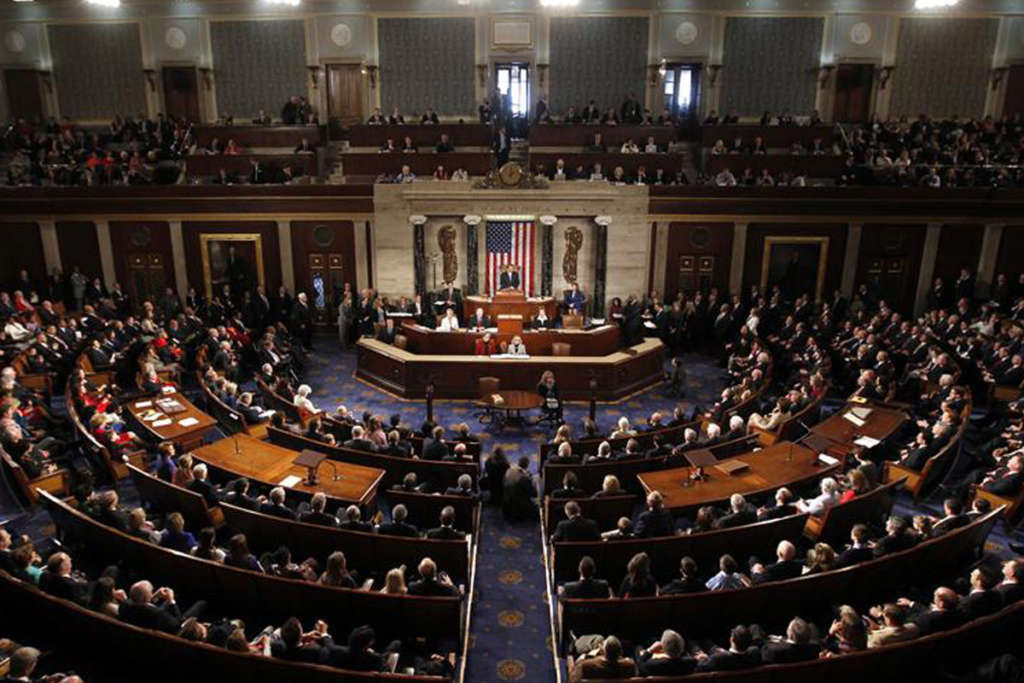Washington – U.S. Senators Marco Rubio, Todd Young and John Cornyn reintroduced the Iran Non-nuclear Sanctions Act, legislation that would impose harsh financial and economic sanctions countering Iran’s non-nuclear provocations, including its ballistic missile violations, human rights abuses and support for international terrorism.
“After years of unilateral concessions and flexibility by the previous administration, it’s time for the United States to push back against Iran’s support for terrorism, the regime’s menacing ballistic missile activities and its egregious human rights violations,” said Rubio.
“I look forward to working with the new administration to hold Iran fully accountable for both its nonnuclear and nuclear threats.”
“Iran remains a preeminent threat due to its continued support for terrorism and its aggressive development of ballistic missiles that threaten our allies, forward deployed troops, and eventually our homeland,” said Young.
“This legislation would impose real consequences on Iran and make clear that the days when Tehran’s terrorist and ballistic missile activities elicited little more from Washington than a strong statement and a slap on the wrist are gone.”
“Iran remains the world’s foremost state sponsor of terror and the biggest destabilizing force in the Middle East, despite the lopsided deal struck by the former Administration,” said Cornyn.
“It’s that time Congress and our new President impose real economic consequences for Iran’s actions to make clear that the United States vehemently opposes Iran’s human rights abuses, terrorist activities around the world, and pursuit of ballistic missile capabilities.”
Rubio and Cornyn, along with then-Senators Mark Kirk and Kelly Ayotte, first introduced the bill in December 2016.
The U.S. Senate passed a 10-year extension of sanctions against Iran in December, sending the measure to the White House for President Barack Obama to sign into law and delaying any potentially tougher actions until this year.
The measure passed by 99-0. It passed the House of Representatives nearly unanimously in November, and Obama passed it without vetoing the law.
The Iran Non-Nuclear Sanctions Act would impose new sanctions against Iran’s Islamic Revolutionary Guard Corps (IRGC) and Mahan Air, an Iranian airline that has helped the IRGC to spread terrorism and militancy.
It would create a new Treasury Department watchlist for entities in which the IRGC has an ownership interest of less than 25 percent.
It would also expand current sanctions and imposes new sanctions against Iran for its egregious human rights abuses, while also mandating full transparency to Congress on all American citizens detained or kidnapped by Iran and U.S. government efforts to free them.
Moreover, it would impose new sanctions against persons that knowingly aid Iran’s ballistic missile program, mandate new sanctions against entities owned 25 percent or greater or controlled by Iran’s key ballistic missile organizations, including the Aerospace Industries Organization, the Shahid Hemmat Industrial Group, or the Shahid Bakeri Industrial Group, require a presidential certification that persons listed in U.N. Security Council Resolutions are not engaged in activities related to ballistic missiles and requires the imposition of sanctions if that certification cannot be made.
Nevertheless, the new law would impose sanctions on persons involved in sectors of Iran’s economy that support, directly or indirectly, Iran’s ballistic program and codify current prohibitions against Iran’s direct and indirect access to the U.S. financial system, while also streamlining and strengthening the requirements for the president to remove Iran or any other country from the state sponsors of terrorism list.
